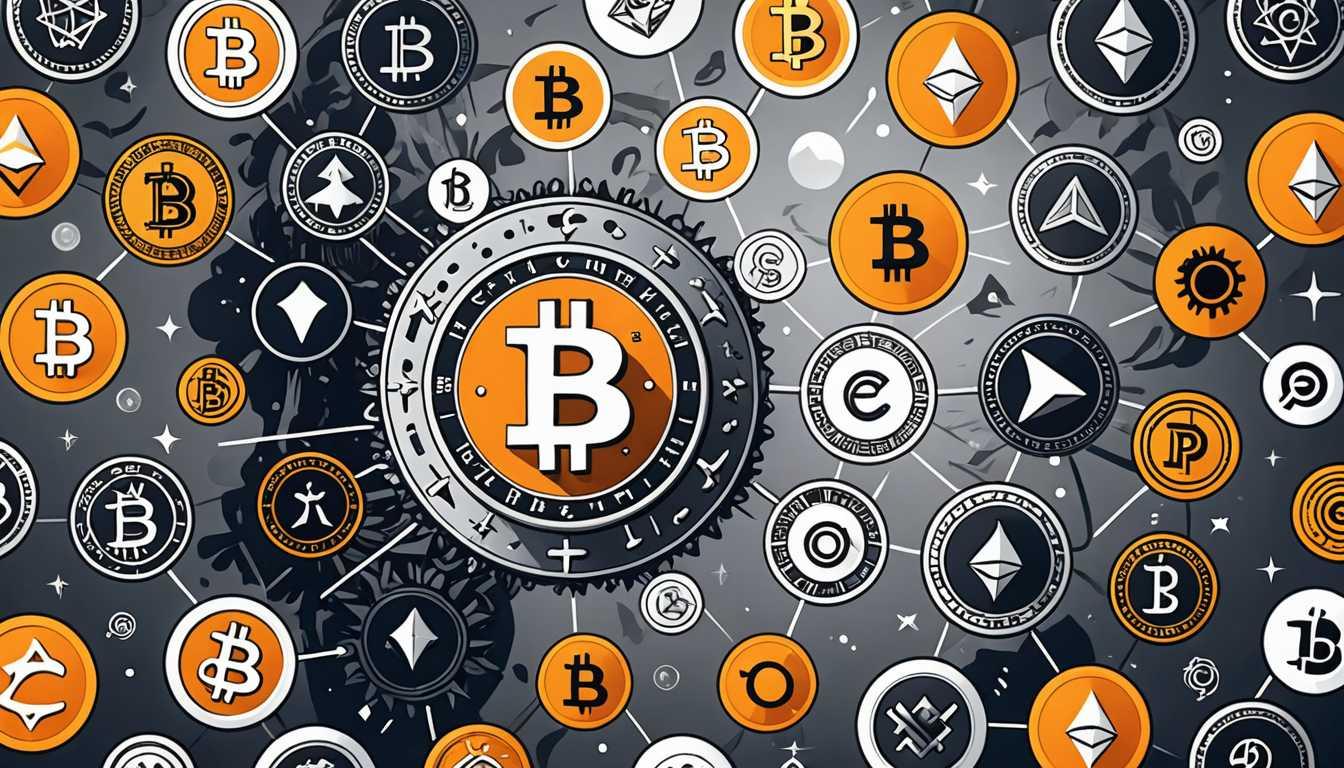Halal Crypto: Bridging Faith and Finance
September 2024
King's College London - News
Introduction
Dive into the fascinating world of "Halal Crypto"! This article from King's College London explores how blockchain and cryptocurrencies can align with Islamic finance principles. Ever wonder how Muslims can invest without compromising their beliefs? Say hello to sukuks and ethical coins like Islamic Coin! Discover the mix of tradition and innovation in finance, and how smart contracts are making waves. Ready to unlock a new kind of investment? Click and explore!
READ FULL ARTICLEWhy It Matters
Discover how this topic shapes your world and future
Navigating the New Frontier of Finance
Understanding Islamic finance and its innovations is crucial in our rapidly changing world, where traditional finance meets modern technology. As you explore this topic, you’ll discover how Islamic principles shape financial practices, ensuring ethical investments that resonate with values of honesty, charity, and shared risk. For instance, the concept of sukuk offers a unique perspective on bonds, encouraging profit sharing rather than fixed returns. This not only promotes fairness but also engages with global issues like economic equity and social responsibility. Plus, with the rise of cryptocurrencies and blockchain technology, you can see how these tools are being adapted to create financial products that align with Islamic values. This intersection of finance and ethics isn’t just a niche topic, it holds significant implications for millions of people worldwide and invites you to think critically about the future of our financial systems.
Speak like a Scholar
Sukuk
An Islamic financial certificate that represents ownership in a tangible asset, similar to bonds but structured to avoid interest payments.
Riba
The Arabic term for usury, referring to the prohibition of excessive gain or interest in financial transactions according to Islamic law.
Halal
An Arabic term meaning permissible in Islamic law, often used to describe foods, activities, and financial products that comply with Islamic principles.
Fatwa
A formal ruling or interpretation on a point of Islamic law given by a qualified legal scholar, often guiding believers on religious matters, including finance.
Smart Contracts
Self-executing contracts with the terms of the agreement directly written into code on the blockchain, enhancing transparency and trust in transactions.
Zakat
The Islamic practice of charitable giving, where individuals are required to donate a portion of their wealth, promoting social responsibility and helping those in need.
Independent Research Ideas
The Role of Blockchain in Ethical Investment
Investigate how blockchain technology can enhance transparency and trust in ethical investment practices across various cultures.
A Comparative Study of Sukuk and Traditional Bonds
Explore the structural differences between sukuk and conventional bonds, analyzing their impacts on investor behavior and financial markets.
Cryptocurrencies and Cultural Perspectives
Examine how different cultures and religions perceive cryptocurrencies, focusing on the debates around their acceptability and ethical implications.
Smart Contracts and Social Impact
Research how smart contracts can be designed to facilitate charitable giving, particularly in the management of zakat funds, and their potential benefits for communities.
The Future of Halal Investments
Analyze the challenges and opportunities for halal investment products in the global market, considering regulatory frameworks and technological advancements.
Related Articles

The Hidden Iceberg of Corporate Fraud
February 2023
Phys Org

Returns Reign Over Earnings
September 2023
University of Pennsylvania

Paying for Honesty: Accountants' Salaries Unveiled
March 2023
Phys Org

Small Trades, Big Market Secrets Unveiled
June 2024
Cornell News Highlights

Crypto's Comeback: Politics and Regulation Unite
September 2024
LSE Business Review